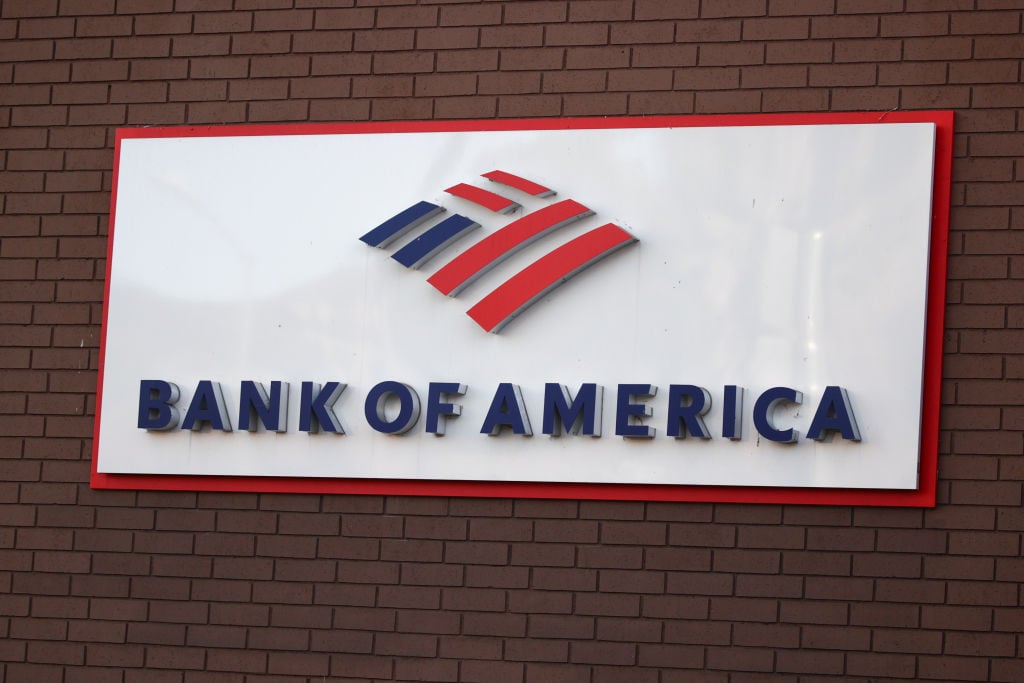As a lad in my early 20s, with a still-drying college degree under my arm and U.S. Marine Corps discharge papers stuffed into my pocket, I went to work on Wall Street. Actually that's not completely correct. My job was on Exchange Place, one block over.
In any event, those were the halcyon days, when big financial firms still possessed both integrity and competence, and hadn't yet learned how to get themselves (and all of us, as well) into the soup by being too smart by half. Those days have long since disappeared. The result is that Treasury Secretary Hank Paulson -- who gave more public performances Sunday morning than Mick Jagger has in a lifetime -- and a host of congressional types are attempting to shape a bailout package that's certain to be part national economic life preserver and part taxpayer rip-off.
The basics of the program have already been well-publicized: The Treasury Department, using your money, will buy up smelly paper from the nation's banks, and once the dust has settled and (perhaps) the odor has diminished somewhat, return it to the private sector -- or maybe to Secretary Paulson's backyard.
But as this thing takes apparent shape, I'm left with a few questions -- questions that may mirror the ones you're rhetorically asking yourself or your shoulder-shrugging spouse:
Congressional involvement
Should the $700 billion program be overseen by representatives of the Congress? Both Republicans and Democrats seem to think it should, and they're probably correct in their rare bipartisan agreement. But I'd remind you that doing so could create the same sort of public-private partnership that eventually led to the abuses that brought down Fannie Mae (NYSE:FNM) and Freddie Mac (NYSE:FRE).
Is anyone held accountable for their actions in the U.S. of A. any longer? Apparently not. Or better yet, we may have managed to locate financial and economic nirvana: capitalism on the way up and socialism on the way down.
How big will it be?
Will $700 billion be anywhere close to the real outlay for the bailout? Not if you observe the lengthening line of those who'd like a piece of the salvation pie. At last count, that line included -- in addition to the Bank of Americas (NYSE:BAC) and J.P. Morgan Chases (NYSE:JPM) of the world -- thousands of community banks that have made imprudent land and construction loans, and -- get this -- such foreign institutions as Deutsche Bank (NYSE:DB) and UBS (NYSE:UBS).
The latter group seeks inclusion simply because they employ folks and do business in the States. Oh, and I almost forgot to mention that a group of auto-finance companies would like at least a morsel of the handout as well.
Who's crying now?
Are such groups as mortgage originators, primary lenders, securitizers, rating agencies, and buyers of the collateralized paper laughing up their sleeves, or have they limped off into ignominy? Probably neither. Quite clearly, McGraw-Hill's (NYSE:MHP) Standard & Poor's unit and its peers, for instance -- who swung and missed like my grandmother in Yankees pinstripes -- continue to pretend that what they do is both creditable and valid. I suppose my biggest surprise as it relates to this massive mortgage stench is the total lack of discussion about comeuppances for those who clearly checked their diligence and their professionalism at the door.
How many times will buyers who bit off bigger mortgages than they could chew receive our help? That's an excellent question with an answer that’s apparently still developing. Not long ago, we passed the Housing and Economic Recovery Act of 2008, which has yet to be implemented. But now some are pushing for fresh bailout help for homeowners facing foreclosure. I personally hate to see anyone forced from their home because of an inability to cough up enough each month to pay their mortgage tab. But the reality is that, because our system was tragically flawed, some folks are in houses that their incomes don't -- and can't -- support.
Charity begins at home
I make my mortgage payment right on time each month and have never even considered stiffing a bank or other lending institution. What's in all this for me? An opportunity to do unto others.
What will the result be when those who finance our national debt have had enough of our profligate ways? First, let's agree that we're talking about China, Japan, and a host of other countries that buy much of the Treasury paper that we issue under our borrow-and-spend approach to economic management. The best answer I can give to the basic question here is that, unless and until we get our act together regarding our domestic economic circumstances, we're cruising for an abrupt bruising from our traditional sources of debt funding.
The bailout proposal also calls for the U.S. public debt limit to be raised to $11.3 trillion -- the second such increase this year. How should that under-reported bit of news make us feel? Wretched and ashamed.
For related Foolishness:









